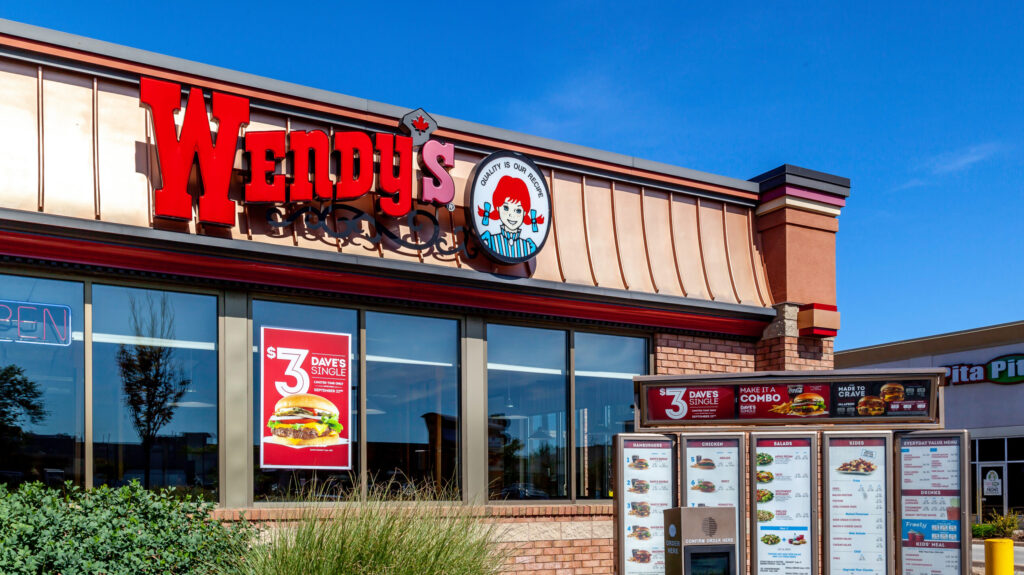Going out to grab a bite to eat at Wendy’s may cost you more depending on the time of day.
In the company’s fourth-quarter 2023 earnings call, Wendy’s CEO and president Kirk Tanner told investors the fast-food chain wants to study its pricing structure based on customer demand throughout the day, known as dynamic pricing.
“Beginning as early as 2025, we will begin testing more enhanced features like dynamic pricing and daypart offerings along with AI-enabled menu changes and suggestive selling,” Tanner said in the call.
The dynamic pricing tests are part of a larger $30 million investment by Wendy’s to improve customer service and profit margins via a widespread rollout of new digital menu boards, upselling opportunities and the dynamic pricing test runs, the company says. But, Wendy’s wants to take a closer look at using dynamic pricing in certain markets before implementing it in more than 6,000 locations across the U.S.
MORE: Fish sandwiches, like everything else, will cost you more this year
What Is Dynamic Pricing?
With dynamic pricing, known also as “surge pricing,” companies adjust their prices in real time, based on customer demand, seasons, supply chains, and more.
Uber is one of the most commonly known businesses to use the surge pricing model. If you’ve ever tried to get a ride when the weather is lousy, you’ve probably noticed it costs more than on a sunny day. Why? The weather makes it less desirable to walk or wait outside for a bus. That means demand for a ride is higher and more rides are requested. This leads to price hikes for those in-demand rides.
How would dynamic pricing affect customers at a fast food restaurant? During this testing phase, Wendy’s will base the prices of its products based on a restaurant’s location and its peak meal times. So, a burger would likely cost more during busy lunch or dinner rushes. Then the price would go back down during slower traffic times.

Tanner did not give specifics about how much Wendy’s food prices could fluctuate and when asked by The New York Post, a Wendy’s spokesperson did not provide further details, either.
“Dynamic pricing can allow Wendy’s to be competitive and flexible with pricing, motivate customers to visit and provide them with the food they love at a great value,” a spokesperson told The Post.
Wendy’s announcement comes as many people continue to struggle with high prices on everything from fast food prices to household staples. Testing may not start until at least next year, but some observers are already anticipating negative feedback.
“Wendy’s foray into dynamic pricing is a bold experiment that could help the chain be more efficient and ultimately profitable if it works, ” Investopedia editor-in-chief Caleb Silver told Food & Wine. “But, it does run the risk of angering and losing customers since they actually have many choices, unlike the rideshare industry.”
This story originally appeared on Don't Waste Your Money.


